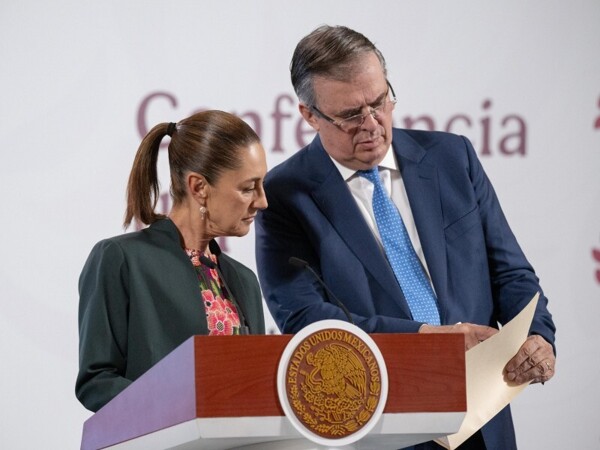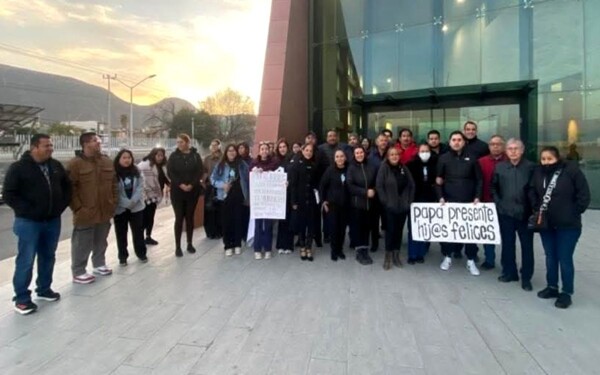
In Mexico, a null vote is a form of expression by organized civil society when it feels unrepresented by the options on the electoral ballots. Although nullifying a vote has no legal consequences for parties or electoral institutions, this practice impacts the legitimacy of the electoral process.
In various countries such as France, Colombia, Brazil, and Spain, there have been cases of mobilizations in favor of null votes in the last 10 years. This trend challenges the idea that a null vote is merely an error, demonstrating a manifestation of discontent and rejection towards the presented political options.
The fact that a high percentage of voters uniformly nullify their ballots could raise dilemmas regarding the legitimacy of elections. If this practice were to have a significant impact, such as in the election of the Judicial Power, an unprecedented scenario could emerge that might lead to national and international judicial instances.
The null vote, understood as citizen participation, becomes relevant when it turns into a tool for expressing a collective refusal against the available political options. The increase in the number of null votes not only reflects widespread discontent but also affects issues like the distribution of legislatures, funding to political parties, and the maintenance of party registers.
These rejection actions can provoke reactions from political elites seeking to maintain control and avoid ungovernability. As the value of a deliberately nullified vote is questioned, a debate arises regarding the meaning and consequences of this practice in the context of 21st-century democracies.
In summary, the null vote represents a form of citizen participation that gains relevance in situations where the political offer does not meet the demands of the population. Its impact goes beyond merely nullifying a ballot, calling into question the legitimacy of electoral processes and generating reflections on political representativeness.














